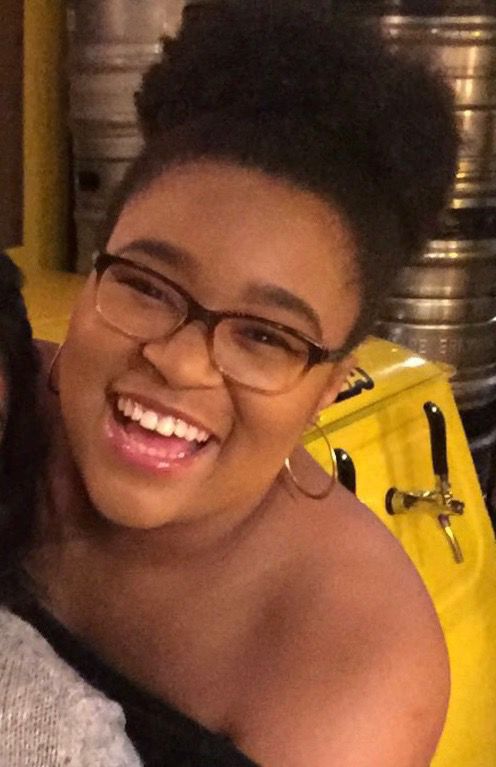Madison Heggins
“It is a peculiar sensation,” says WEB DuBois, “this double-consciousness, this sense of always looking at one’s self through the eyes of others, of measuring one’s soul by the tape of a world that looks on in amused contempt and pity. One ever feels his twoness—an American, a Negro; two souls, two thoughts, two unreconciled strivings; two warring ideals in one dark body, whose dogged strength alone keeps it from being torn asunder.”
“I do feel like my body is being pulled in two different directions,” said Madison Heggins, a creative writing concentrator from Lewisville, TX. “On one hand, this is my school, this is where I’m supposed to be going, and then on the other hand, is it really? It’s not a school that was made for me, it’s not a student body that looks like me in any way.” She paused for a second. “I’ve never felt my blackness more than I’ve felt it at Colgate. You have all these white kids from private schools breaking down The Souls of Black Folk in Challenges, and dissecting it, then, in class on the day after the glue gun incident our first spring, no one said a word. I was the only black person in the room, and I have never felt as black as I did in that moment. I could feel people waiting for me, the token black girl, to speak up on behalf of my entire community. I was so disappointed.”
The racist message left on a whiteboard in Russell Hall last Tuesday and Wednesday evening’s consequent town hall have reopened these wounds for Heggins, whose Colgate experience has been marked by incidents of racial prejudice.
“I was chosen as a Benton Scholar,” Heggins said. “I was made to feel like I belonged here. But these things keep happening, and I’m reminded again and again that I’m not actually welcome. There’s this whole kumbayah aspect to it, that we’re a community and we love each other and we’re a family, but are we? Part of your family is writing the n-word on a whiteboard and writing a racial slur on Chinese New Year — this is y’all’s family. At the town hall, President Casey kept saying, ‘someone did this to us and hurt our institution.’ Most of this institution looks like him. This wasn’t against y’all, this wasn’t against President Casey, this was against me. This was against black people. I feel like that’s what’s lost. This idea that we’re such a community but no, you’re not hurt in the same way. It’s using the language of togetherness to negate and to undermine our pain. I’ve never heard a white person hurt by the n-word. Don’t capitalize on our pain.”
Rendering Heggins on the page requires careful consideration with regards to diction because she wields her own language with such thought and care. When speaking with Heggins, she would often stop and say, “hang on, I want to find the right word,” a small act of self-regulation that lends her speech a disarming clarity. The more one thinks about Heggins’ intention and incisiveness, the more one realizes this profile would be most telling if she speaks for herself. The “dogged strength” discussed by DuBois is evident in Madison, who is constantly reckoning with the burden of her blackness at Colgate and in the wider world. She has no answers for the problem of race on this campus and the ways the events of last Tuesday implicate white students such as myself.
“There’s an expectation that because I have the lived experience, I must know and I must have something to say,” she said. “But y’all don’t need to be learning from me. Y’all need to be learning from the resources that we have, our professors and our library and the news. There’s this expectation for black women in particular that we have to nurture, but I’m not your mom. I’m not anything for y’all. I’m not! Do the work yourself.”









